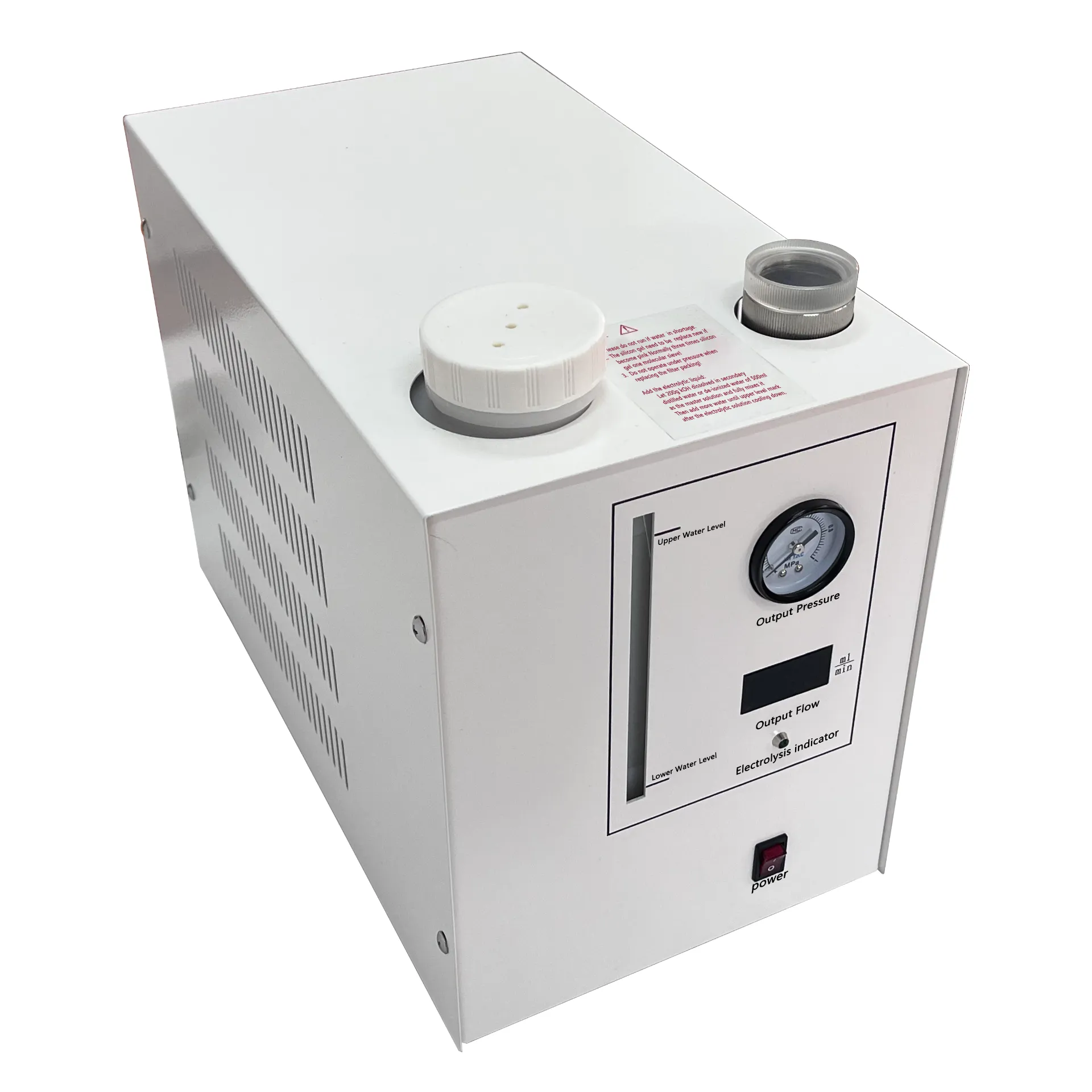 English
English



-
 Afrikaans
Afrikaans -
 Albanian
Albanian -
 Amharic
Amharic -
 Arabic
Arabic -
 Armenian
Armenian -
 Azerbaijani
Azerbaijani -
 Basque
Basque -
 Belarusian
Belarusian -
 Bengali
Bengali -
 Bosnian
Bosnian -
 Bulgarian
Bulgarian -
 Catalan
Catalan -
 Cebuano
Cebuano -
 China
China -
 China (Taiwan)
China (Taiwan) -
 Corsican
Corsican -
 Croatian
Croatian -
 Czech
Czech -
 Danish
Danish -
 Dutch
Dutch -
 English
English -
 Esperanto
Esperanto -
 Estonian
Estonian -
 Finnish
Finnish -
 French
French -
 Frisian
Frisian -
 Galician
Galician -
 Georgian
Georgian -
 German
German -
 Greek
Greek -
 Gujarati
Gujarati -
 Haitian Creole
Haitian Creole -
 hausa
hausa -
 hawaiian
hawaiian -
 Hebrew
Hebrew -
 Hindi
Hindi -
 Miao
Miao -
 Hungarian
Hungarian -
 Icelandic
Icelandic -
 igbo
igbo -
 Indonesian
Indonesian -
 irish
irish -
 Italian
Italian -
 Japanese
Japanese -
 Javanese
Javanese -
 Kannada
Kannada -
 kazakh
kazakh -
 Khmer
Khmer -
 Rwandese
Rwandese -
 Korean
Korean -
 Kurdish
Kurdish -
 Kyrgyz
Kyrgyz -
 Lao
Lao -
 Latin
Latin -
 Latvian
Latvian -
 Lithuanian
Lithuanian -
 Luxembourgish
Luxembourgish -
 Macedonian
Macedonian -
 Malgashi
Malgashi -
 Malay
Malay -
 Malayalam
Malayalam -
 Maltese
Maltese -
 Maori
Maori -
 Marathi
Marathi -
 Mongolian
Mongolian -
 Myanmar
Myanmar -
 Nepali
Nepali -
 Norwegian
Norwegian -
 Norwegian
Norwegian -
 Occitan
Occitan -
 Pashto
Pashto -
 Persian
Persian -
 Polish
Polish -
 Portuguese
Portuguese -
 Punjabi
Punjabi -
 Romanian
Romanian -
 Russian
Russian -
 Samoan
Samoan -
 Scottish Gaelic
Scottish Gaelic -
 Serbian
Serbian -
 Sesotho
Sesotho -
 Shona
Shona -
 Sindhi
Sindhi -
 Sinhala
Sinhala -
 Slovak
Slovak -
 Slovenian
Slovenian -
 Somali
Somali -
 Spanish
Spanish -
 Sundanese
Sundanese -
 Swahili
Swahili -
 Swedish
Swedish -
 Tagalog
Tagalog -
 Tajik
Tajik -
 Tamil
Tamil -
 Tatar
Tatar -
 Telugu
Telugu -
 Thai
Thai -
 Turkish
Turkish -
 Turkmen
Turkmen -
 Ukrainian
Ukrainian -
 Urdu
Urdu -
 Uighur
Uighur -
 Uzbek
Uzbek -
 Vietnamese
Vietnamese -
 Welsh
Welsh -
 Bantu
Bantu -
 Yiddish
Yiddish -
 Yoruba
Yoruba -
 Zulu
Zulu
Comprehensive Evaluation of Transformer Performance in Unique Testing Conditions
Special Test of Transformer
Transformers are vital components in electrical power systems, enabling the efficient transmission and distribution of electricity. They help in stepping up or stepping down voltages as required, ensuring that electricity can be transmitted over long distances without significant loss. To ensure optimal performance and reliability, transformers undergo various tests, one of which is the special test. This article delves into the importance, methodology, and outcomes of special tests on transformers.
Importance of Special Testing
The primary purpose of special tests is to evaluate the operational efficiency and integrity of transformers. These tests help identify potential issues that could lead to failures, inefficiencies, or safety hazards. In addition, special tests are critical for compliance with industry standards and regulations. They also provide insights into the transformer's condition, allowing for informed maintenance decisions.
Conducting special tests is essential for transformers that have been newly installed, refurbished, or have undergone repairs. These tests help ensure that the transformer meets design specifications and industry standards, thus providing confidence to operators and stakeholders regarding its reliability.
Types of Special Tests
Several types of special tests can be performed on transformers, each targeting different aspects of their performance. Among these, some prominent tests include
1. Insulation Resistance Test This test measures the resistance of the insulation material surrounding the windings. High resistance values indicate good insulation, while low values may suggest deterioration or faults, necessitating further investigation.
2. Power Factor Test This test assesses the quality of the insulation in the transformer by evaluating the power factor of the insulation system. A lower power factor indicates good insulation, while a high power factor often points to moisture or contamination.
special test of transformer

3. Short-Circuit and Open-Circuit Tests These tests determine the transformer's impedance and losses. In the short-circuit test, the secondary winding is shorted to measure the short-circuit impedance, while in the open-circuit test, the primary winding is energized to assess the core losses and no-load current.
4. Frequency Response Analysis (FRA) This advanced test identifies mechanical and electrical changes in the transformer’s windings and insulation. It analyzes the frequency response of the transformer, which can indicate problems such as displacement or deformation of the windings.
5. Dissolved Gas Analysis (DGA) This test examines the gases dissolved in the transformer's insulating oil. The presence and concentration of specific gases can indicate various types of faults, such as overheating or arcing.
Benefits of Special Testing
The insights gained from special tests can significantly reduce the likelihood of transformer failures. Early identification of potential issues allows maintenance teams to address problems before they escalate into costly outages or catastrophic failures. In industries where transformers are critical, such as power generation and distribution, minimizing downtime is paramount.
Additionally, special tests provide a baseline for future assessments, enabling a better understanding of the transformer's aging process and performance trends. By performing these tests regularly, operators can implement predictive maintenance strategies, optimizing the operational lifespan of transformers and reducing overall maintenance costs.
Conclusion
In summary, special tests of transformers play a critical role in maintaining the performance and reliability of these essential components. By utilizing a combination of techniques, operators can identify potential issues early, ensuring the safe and efficient operation of electrical systems. As technology advances, the methods and tools used for special testing will continue to evolve, further enhancing the safety and reliability of transformers in a world increasingly dependent on electricity.
-
Using Distillation Range Testers in the Food and Beverage IndustryNewsApr.16,2025
-
The Impact of IoT on Distillation Range Tester PerformanceNewsApr.16,2025
-
The Best Distillation Range Testers for Extreme ConditionsNewsApr.16,2025
-
How Distillation Range Testers Save Time and MoneyNewsApr.16,2025
-
Distillation Devices for Advanced Separation TechniquesNewsApr.16,2025
-
Common Mistakes to Avoid When Using a Distillation Range TesterNewsApr.16,2025



